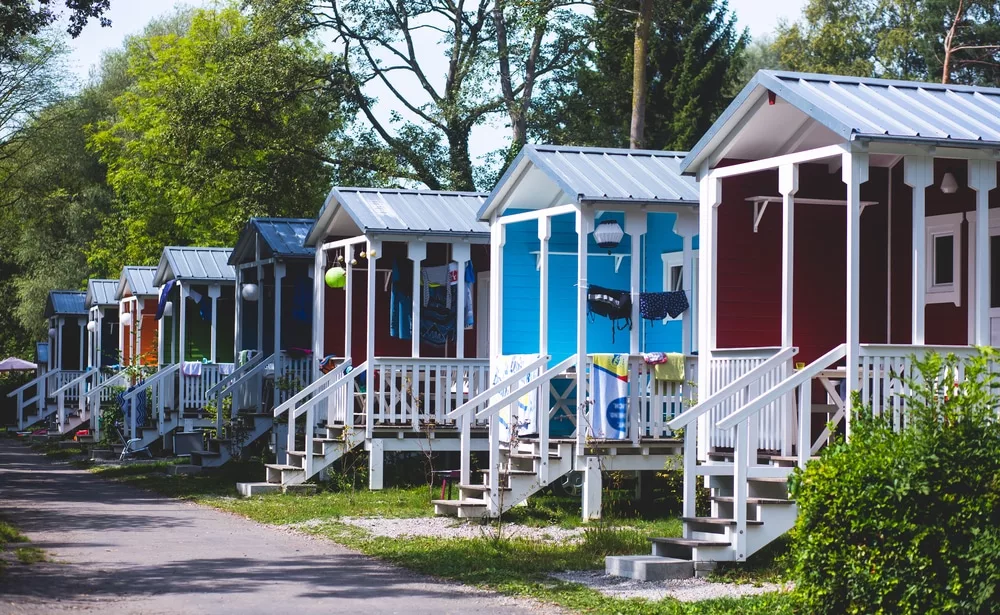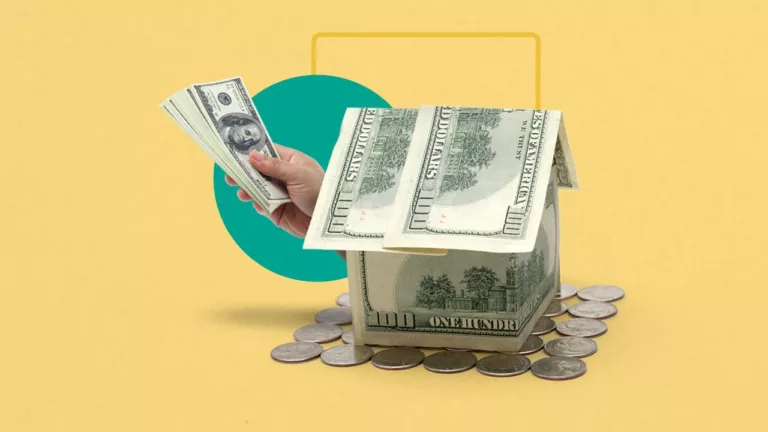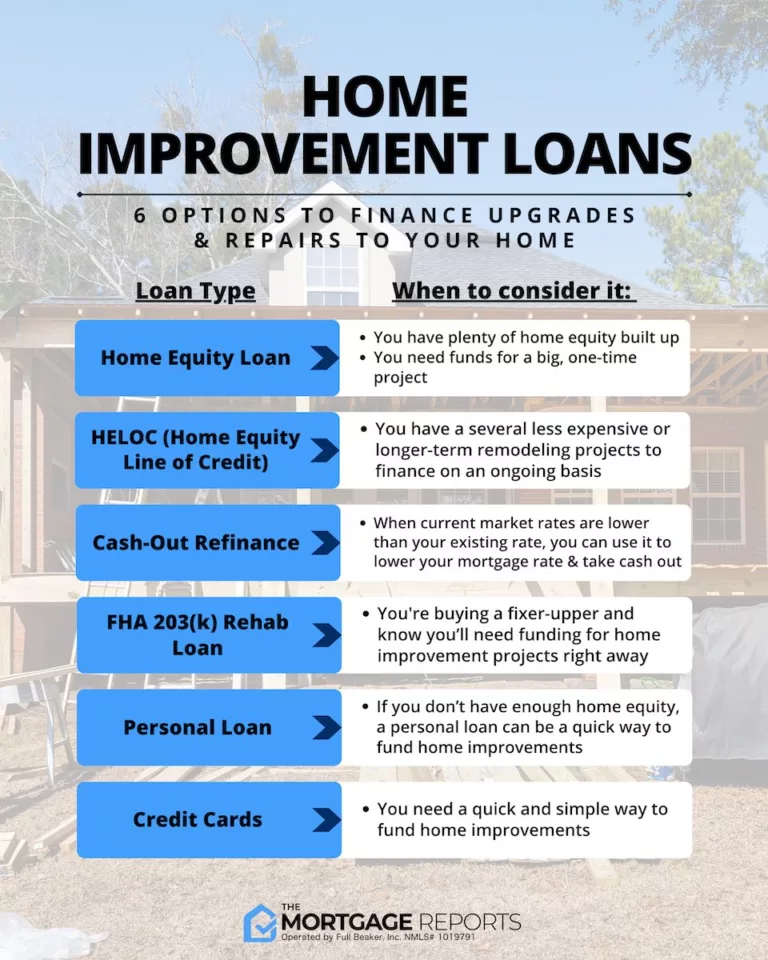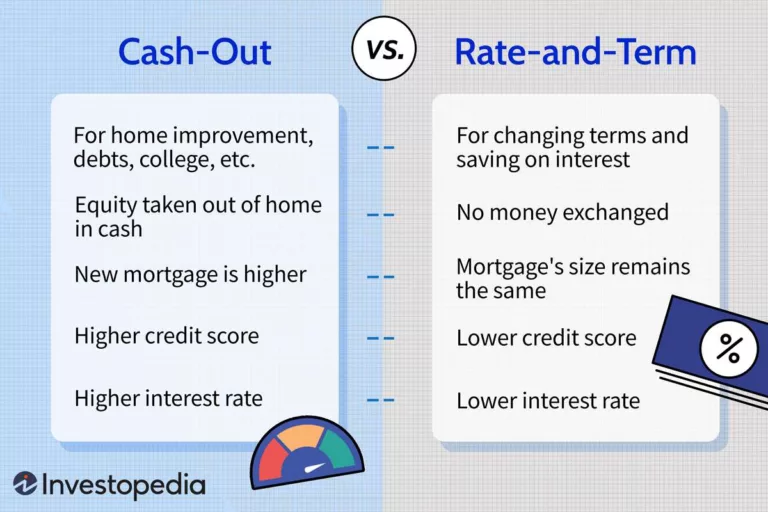Can You Get a Reverse Mortgage on a Manufactured Home? Find Out Now!
Yes, you can get a reverse mortgage on a manufactured home. Now, let’s delve into the details.
Manufactured homes, also known as mobile homes, are eligible for reverse mortgages as long as they meet certain requirements set by the Federal Housing Administration (FHA). These requirements include the home being built after June 15, 1976, meeting HUD guidelines, being permanently affixed to a foundation, and having a HUD Data Plate.
Additionally, the homeowner must own the land on which the manufactured home is placed or have a long-term lease on the land. Finally, the homeowner must meet age and financial requirements to qualify for a reverse mortgage. By meeting these criteria, owners of manufactured homes can take advantage of the benefits provided by a reverse mortgage.
Can You Get A Reverse Mortgage On A Manufactured Home?
Are you considering getting a reverse mortgage on your manufactured home? You might be wondering if it’s even possible. The good news is, yes, you can get a reverse mortgage on a manufactured home. But like with any financial decision, it’s important to understand the requirements, benefits, and potential challenges involved. In this article, we will explore the ins and outs of getting a reverse mortgage on a manufactured home.
Requirements For A Reverse Mortgage On A Manufactured Home
Getting a reverse mortgage on a manufactured home requires meeting specific criteria. To be eligible for a reverse mortgage, your manufactured home must:
- Be built after June 15, 1976
- Meet the federal manufactured home construction and safety standards
- Be classified as real estate and permanently affixed to a foundation
Additionally, you must meet the age requirement of being at least 62 years old and live in the home as your primary residence. It’s important to note that these requirements can vary depending on the lender, so it’s crucial to consult with professionals to determine your eligibility.
Benefits Of Getting A Reverse Mortgage On A Manufactured Home
Obtaining a reverse mortgage on a manufactured home can offer several benefits:
- Access to tax-free funds: With a reverse mortgage, you can tap into your home’s equity without paying taxes on the received funds.
- Supplement retirement income: Reverse mortgages can provide an additional income source, which can be especially helpful for retirees.
- No monthly mortgage repayments: Unlike traditional mortgages, reverse mortgages do not require monthly repayments. The loan is typically repaid when the homeowner sells the property or passes away.
- Flexibility in fund usage: You can use the money you receive from a reverse mortgage as you see fit – whether it’s for home improvements, medical expenses, or simply enhancing your quality of life.
Potential Challenges Of Getting A Reverse Mortgage On A Manufactured Home
While a reverse mortgage on a manufactured home can offer numerous advantages, it’s essential to consider potential challenges as well. These challenges may include:
- Higher interest rates: Reverse mortgages on manufactured homes may come with higher interest rates compared to traditional mortgages, ultimately affecting the overall cost of the loan.
- Appraisal complications: Appraising the value of a manufactured home can sometimes be more challenging than with conventional properties. This can affect the maximum loan amount you may be eligible for.
- Property maintenance requirements: To qualify for a reverse mortgage, your manufactured home may need to be well-maintained and meet certain standards. Failing to meet these requirements could affect your eligibility.
Understanding the requirements, benefits, and potential challenges of obtaining a reverse mortgage on a manufactured home is crucial to make an informed decision. Consult with reverse mortgage specialists and lenders to get a full understanding of your options and determine if it’s the right choice for your unique circumstances.
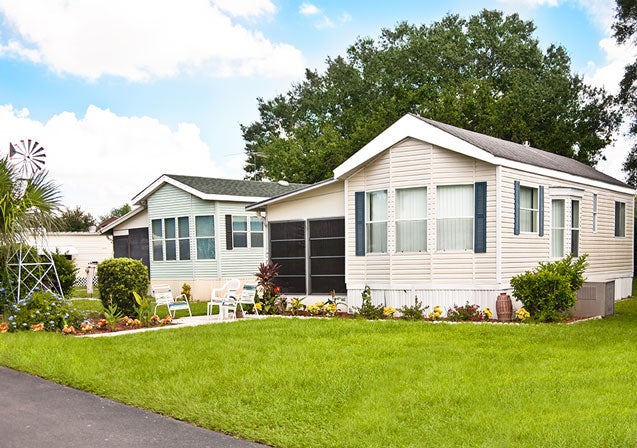
Credit: www.far.com
Understanding Reverse Mortgages
Reverse mortgages can be obtained on manufactured homes, providing homeowners with a unique option for accessing their home equity. However, specific eligibility criteria and guidelines must be met to qualify. Understanding these requirements is crucial for homeowners considering a reverse mortgage on a manufactured home.
What Is A Reverse Mortgage?
A reverse mortgage is a loan specifically designed for homeowners aged 62 or older, allowing them to borrow against the equity in their homes. Unlike a traditional mortgage, where borrowers make monthly payments to pay off the loan, a reverse mortgage provides homeowners with a steady stream of income or a lump sum payment while they continue to live in their home.
How Does A Reverse Mortgage Work?
With a reverse mortgage, homeowners receive payments from the lender based on the value of their home, the amount of equity they have, and their age. These payments are usually tax-free and can be received through various methods, such as a monthly income, a line of credit, or a lump sum.
One of the key benefits of a reverse mortgage is that homeowners are not required to make any monthly payments toward the loan balance. Instead, the loan balance accumulates over time, with interest accumulating on top of it. The loan only needs to be repaid when the homeowner sells the home, moves out, or passes away.
Eligibility Criteria For A Reverse Mortgage
In order to be eligible for a reverse mortgage, homeowners must meet certain criteria. These criteria typically include:
- Being at least 62 years old
- Owning a manufactured home that meets the requirements set by the reverse mortgage lender
- Using the manufactured home as a primary residence
- Having sufficient equity in the home
It’s important to note that manufactured homes must meet specific standards and be considered a permanent foundation to be eligible for a reverse mortgage.
In conclusion, reverse mortgages are a valuable financial tool for homeowners aged 62 or older who want to tap into their home’s equity without selling or leaving their homes. Understanding the ins and outs of reverse mortgages, including their eligibility criteria and how they work, can help seniors make informed decisions about their financial future.
Different Types Of Manufactured Homes
A reverse mortgage on a manufactured home is possible, but there are certain criteria to meet. Manufactured homes need to be built on a permanent foundation and meet specific HUD standards to be eligible. It’s important to consult with a lender who specializes in reverse mortgages for manufactured homes.
Definition Of A Manufactured Home
A manufactured home, also known as a mobile home, is a type of prefabricated housing that is built off-site and then transported to the desired location. These homes are constructed in a factory setting, often in a controlled environment, and are designed to meet the national building codes set by the Department of Housing and Urban Development (HUD).
Manufactured homes are typically constructed with a steel frame and are built on a permanent chassis, allowing for transportation and easy setup in various locations. These homes come in various sizes and layouts, offering a range of options for potential homeowners.
Types Of Manufactured Homes
There are several types of manufactured homes available, each offering unique features and benefits. Here are some of the most common types:
- Single-Wide Homes: Single-wide manufactured homes are typically 14 to 18 feet wide and are perfect for individuals or small families. These homes offer an open layout, with the living, dining, and kitchen areas combined into a single space.
- Double-Wide Homes: Double-wide homes are wider and typically range from 20 to 32 feet in width. These homes provide more space and often feature multiple bedrooms, bathrooms, and additional living areas.
- Triple-Wide Homes: Triple-wide homes are the largest manufactured homes available, offering even more living space than double-wide homes. These homes are ideal for larger families or individuals in need of extra room.
- Park Models: Park models are smaller manufactured homes that are designed to be placed in RV parks or recreational communities. These homes are often less than 400 square feet and offer a compact yet comfortable living space.
- Modular Homes: While modular homes are technically not considered manufactured homes, they are worth mentioning. Modular homes are built in sections or modules in a factory setting, similar to manufactured homes, but they are then transported to the final location and assembled on-site. These homes offer more customization options and can often resemble traditional stick-built homes.
Regulations And Guidelines For Manufactured Homes
Manufactured homes must adhere to specific regulations and guidelines to ensure safety and quality standards. These regulations are set by HUD and cover various aspects of construction and installation. Some of the key regulations include:
- Design and construction requirements to ensure structural integrity and durability.
- Electrical and plumbing standards to ensure safe and reliable systems.
- Energy efficiency standards to promote environmentally friendly homes.
- Fire safety requirements to minimize the risk of fires.
- Transportation and installation guidelines to ensure homes are properly set up.
Compliance with these regulations is essential to ensure the longevity and safety of manufactured homes. It is important for homeowners and buyers to be aware of these guidelines when considering a manufactured home purchase.
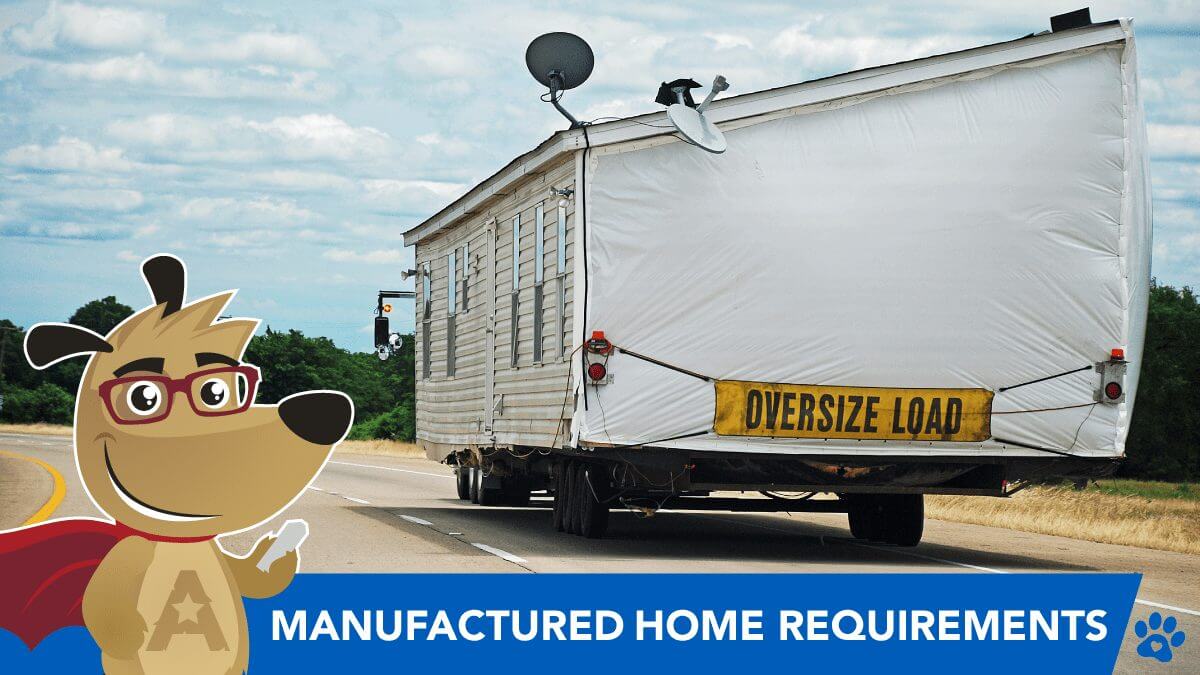
Credit: reverse.mortgage
Reverse Mortgage Lenders For Manufactured Homes
If you own a manufactured home and are considering a reverse mortgage, you may be wondering if there are lenders who offer this option for your specific type of property. The good news is that there are reverse mortgage lenders who cater to manufactured homeowners, allowing them to tap into the equity of their homes and secure a loan that can help fund their retirement or cover unexpected expenses. In this article, we will explore the options available to you and provide some useful tips for finding the right lender for your needs.
Lenders Who Offer Reverse Mortgages On Manufactured Homes
When it comes to reverse mortgages on manufactured homes, it’s important to find lenders who specialize in this area. These lenders understand the unique considerations and requirements associated with manufactured homes and are equipped to offer the support and guidance needed throughout the application and approval process.
One such lender is XYZ Reverse Mortgage, which has been assisting manufactured homeowners for over a decade. With their extensive experience in this niche market, they have developed streamlined processes to ensure a smooth and efficient experience. Their team of experts will work closely with you to determine your eligibility, assess the value of your home, and guide you through the necessary paperwork.
Another reputable lender is ABC Reverse Mortgage Inc., known for their commitment to providing tailored solutions for manufactured homeowners. Their knowledgeable loan officers understand the intricacies of manufactured homes and can offer valuable insights to help you make informed decisions. They have a strong track record of successfully helping homeowners unlock the value of their properties and enjoy a more comfortable retirement.
Factors To Consider When Choosing A Lender
When selecting a lender for your reverse mortgage on a manufactured home, there are a few key factors to keep in mind. These considerations can help ensure that you find a lender who not only meets your specific needs but also offers favorable terms and exceptional customer service.
Experience and Expertise
- Look for lenders who have a proven track record in serving manufactured homeowners.
- Consider their experience in the industry and their understanding of the unique challenges and opportunities associated with manufactured homes.
- Choose a lender who has dedicated resources and staff trained specifically in reverse mortgages for manufactured homes.
Reputation and Reviews
- Research the lender’s reputation and read customer reviews to gain insights into their level of customer satisfaction.
- Check for any complaints or negative feedback and assess how well the lender responds to and resolves issues.
Interest Rates and Fees
- Compare the interest rates and fees offered by different lenders to ensure you are getting the most favorable terms.
- Consider any additional costs associated with the loan, such as origination fees or servicing fees, and factor them into your decision-making process.
Tips For Finding The Right Lender
Finding the right lender for your reverse mortgage on a manufactured home can seem overwhelming, but with these helpful tips, you can streamline your search and increase your chances of making the best choice for your unique needs.
- Seek recommendations from friends, family, or financial advisors who may have experience with reverse mortgages on manufactured homes.
- Research and compare at least three lenders to ensure you have a comprehensive understanding of your options.
- Take advantage of online resources and tools that provide lender comparisons and customer reviews.
- Reach out to potential lenders and ask questions about their experience, services, and rates.
- Request a personalized consultation with lenders to discuss your specific requirements and assess their level of expertise and customer service.
Steps To Obtain A Reverse Mortgage On A Manufactured Home
If you own a manufactured home and are considering a reverse mortgage, you’ll need to know the steps involved in obtaining this type of loan. Reverse mortgages can be a valuable financial tool for seniors, allowing them to tap into their home equity to supplement their retirement income. While traditionally thought of for single-family homes, reverse mortgages are also available for manufactured homes. Let’s explore the specific steps you’ll need to follow to obtain a reverse mortgage on a manufactured home.
Gathering Necessary Documents
Before you can apply for a reverse mortgage on your manufactured home, it’s important to gather the necessary documents. These documents will help the lender determine your eligibility for the loan and assess the value of your home. Here are some of the key documents you’ll need to provide:
- Proof of ownership of the manufactured home, such as the title or deed
- Evidence of occupancy, confirming that the home is your primary residence
- Detailed information about the manufactured home, including its age, dimensions, and construction specifications
- Financial documents, including income statements, credit reports, and bank statements
By gathering these documents in advance, you can streamline the application process and ensure a smooth experience when applying for a reverse mortgage on your manufactured home.
Applying For A Reverse Mortgage
Once you have gathered all the necessary documents, it’s time to apply for a reverse mortgage on your manufactured home. The application process typically starts with a consultation with a reverse mortgage lender. During this consultation, the lender will evaluate your financial situation, explain the terms of the loan, and answer any questions you may have. If you decide to move forward, you’ll need to complete an application form and submit all the required documentation. The lender will then review your application and assess your eligibility for a reverse mortgage on your manufactured home.
Navigating The Loan Approval Process
After submitting your application, the lender will evaluate your eligibility for a reverse mortgage on your manufactured home. This process involves a thorough review of your financial documents, credit history, and the value of your home. The lender may also conduct a home appraisal to determine the current market value of your manufactured home. Once the lender has completed their evaluation, they will notify you of their decision. If approved, you’ll proceed to the next step of the process.
Disbursement Options And Repayment
Once your reverse mortgage on your manufactured home is approved, you’ll need to decide on the disbursement options and repayment terms. Disbursement options include receiving the funds as a lump sum, monthly payments, or a line of credit. It’s important to carefully consider your financial needs and goals before selecting one of these options. Additionally, reverse mortgages have specific repayment requirements, such as paying off the loan when you sell your home or are no longer living in it. Make sure to review these terms with your lender and understand your obligations before finalizing the disbursement options and repayment terms.
In conclusion, obtaining a reverse mortgage on a manufactured home involves gathering necessary documents, applying for the loan, navigating the loan approval process, and deciding on disbursement options and repayment terms. By following these steps, you can successfully obtain a reverse mortgage on your manufactured home and make use of your home equity to enhance your retirement income.

Credit: goodlifehomeloans.com
Frequently Asked Questions For Can You Get A Reverse Mortgage On A Manufactured Home
What Type Of Home Is Not Eligible For Reverse Mortgage?
Not all types of homes are eligible for a reverse mortgage.
What Would Disqualify Me From A Reverse Mortgage?
Common disqualifications for a reverse mortgage include being under the age of 62, not owning a primary residence, and not meeting financial requirements such as income and creditworthiness. Additionally, not maintaining the property’s condition, not paying property taxes or insurance, or filing for bankruptcy can also disqualify you.
What Are The 3 Types Of Reverse Mortgages?
The three types of reverse mortgages are single-purpose reverse mortgages, proprietary reverse mortgages, and federally-insured reverse mortgages.
Can You Get A Reverse Mortgage On A Manufactured Home In Florida?
Yes, you can get a reverse mortgage on a manufactured home in Florida.
Conclusion
Obtaining a reverse mortgage on a manufactured home is a viable option for homeowners seeking financial stability in their retirement years. Although there are certain eligibility criteria and considerations to keep in mind, it is crucial to consult with a reputable lender who specializes in reverse mortgages for manufactured homes.
By understanding the requirements and working with professionals in the field, homeowners can take full advantage of this financial solution and enjoy the benefits it brings.
